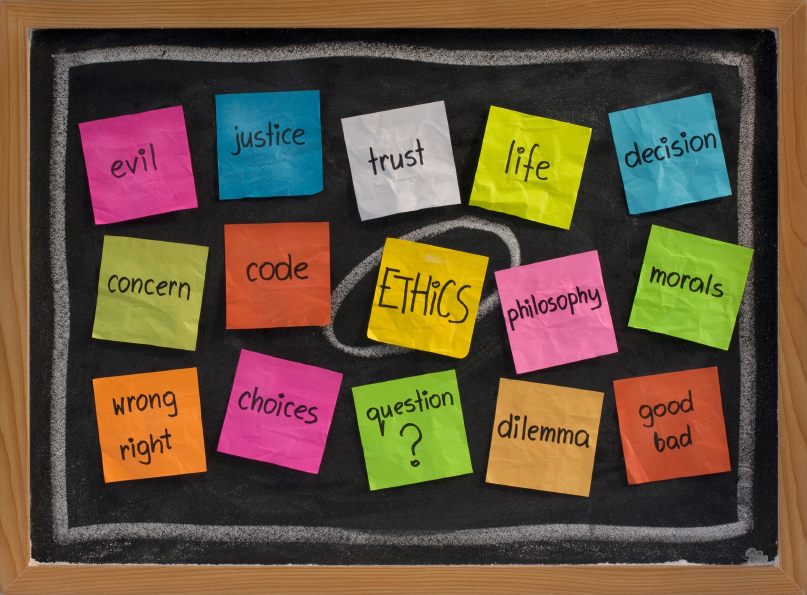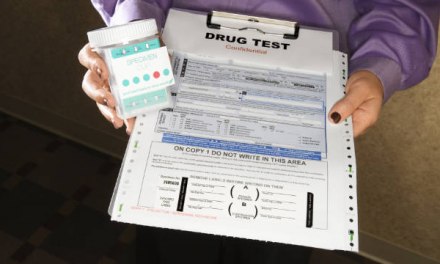I was recently hired as Executive Director of a medium-size (50 beds) residential program, and was startled to discover (after I was hired, of course) that the program had been having a rocky time with a major contractor over some ethical violations. In my opinion, my predecessor dealt appropriately with the situation. But it’s becoming clear to me that in spite of the poster on the break room wall, we haven’t really institutionalized the concept. Got any suggestions on how I can build an ethical culture here?”
Turn the question around. What are the barriers that must be overcome in creating an ethical, professional culture?
- Lack of openness / transparency: Some organizations develop a culture that promotes secrecy, intrigue, rivalry, and intense competition for advancement. Others may be less cutthroat but still rife with internal politicking and favoritism. Both distract attention from the importance of professional conduct. Like the Oscar acceptance speech, ‘I want to thank all the little people I had to step on to get where I am today.’
- Toxic personal loyalty: Sometimes professionalism is in conflict with obligations to other employees, etc. Example: A valuable counselor risks termination because she can’t bring herself to refuse another employees’ pleas to punch them in when they’re late.
- Resentments and suspicion: In some workplaces, staff are open about feeling neglected and ignored. This can engender unprofessional conduct. Example: “Why not steal a few things? Nobody pays attention to us anyway.”
Ethics codes can become ‘another plaque on the wall’, largely ignored. Discuss ethical issues openly. And recall that even the best people have blind spots. “If my intentions are good,” they think to themselves, “how can my actions be unprofessional?” There’s an adage about the road to hell…
Some broad steps to creating an ethical culture:
Seek to foster an atmosphere of openness/ transparency. Leadership can model open discussion. We’re not referring to town meetings, but to a willingness to meet informally, listen to questions, and explain. That helps lessen defensiveness and increase trust.
Emphasize professional conduct in daily life. In training, focus on how to respond appropriately to real-life situations using case examples and role play. Address the fear of snitching that promotes concealment of unprofessional behavior.
Strive to make employees feel a part of something greater. In a sense, a really good treatment program is a cooperative effort in which the whole exceeds the sum of the parts. A sense of mission and purpose is an important motivator for excellence. But it must be a real mission and real purpose, not something crafted for public relations.
Check out the excellent FREE resources here at the Center for Ethical Practice website, too.













Trackbacks/Pingbacks